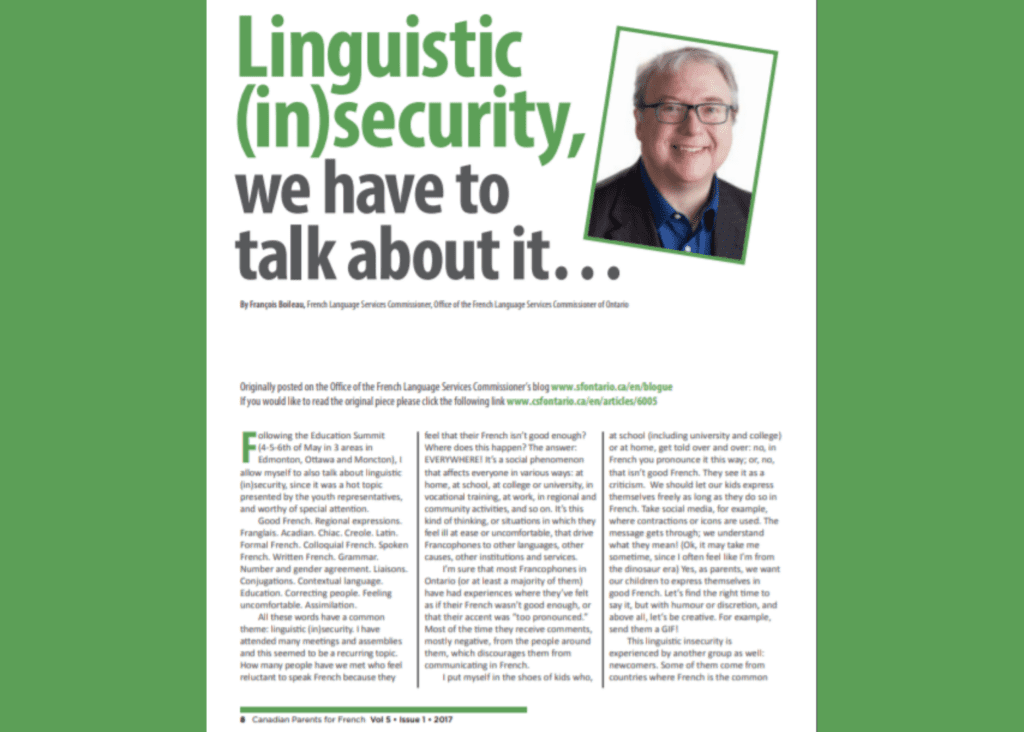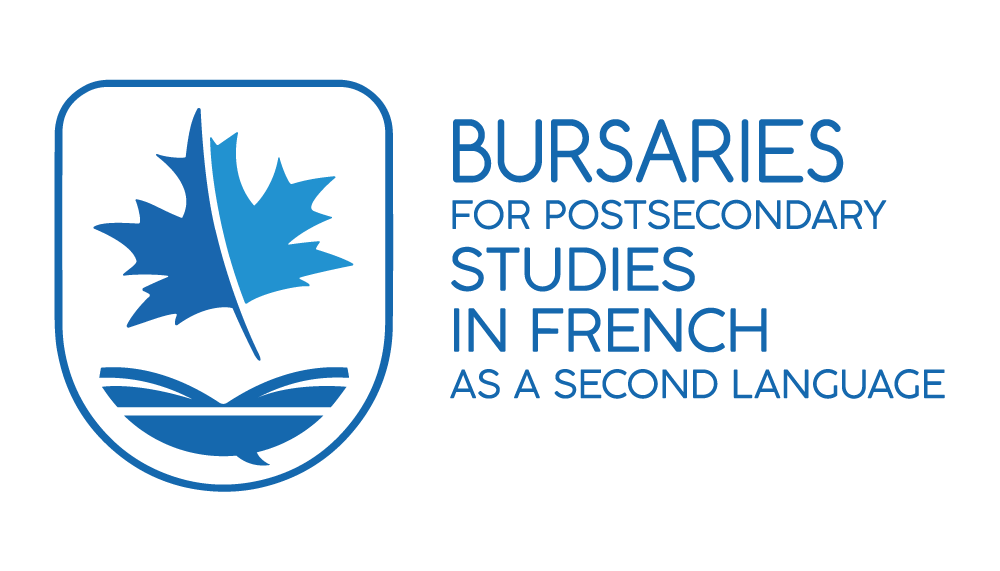- About
- Participate
- Youth
- Concours d’art oratoire
- Tutoring Programs
- Virtual Career Fair
- Contests and Events
Calendar of events
Calendrier des événements
Our interactive calendar will show you what’s happening near you, wherever you are in Canada.
Vous cherchez des activités amusantes et familiales dans votre coin de pays? Consultez notre calendrier et inscrivez-vous à un de nos évènements!
See all events > Voir tous les événements >
- Research and Advocacy
- Resources
- Get Involved
- About
- Participate
- Youth
- Concours d’art oratoire
- Tutoring Programs
- Virtual Career Fair
- Contests and Events
Calendar of events
Calendrier des événements
Our interactive calendar will show you what’s happening near you, wherever you are in Canada.
Vous cherchez des activités amusantes et familiales dans votre coin de pays? Consultez notre calendrier et inscrivez-vous à un de nos évènements!
See all events > Voir tous les événements >
- Research and Advocacy
- Resources
- Get Involved


